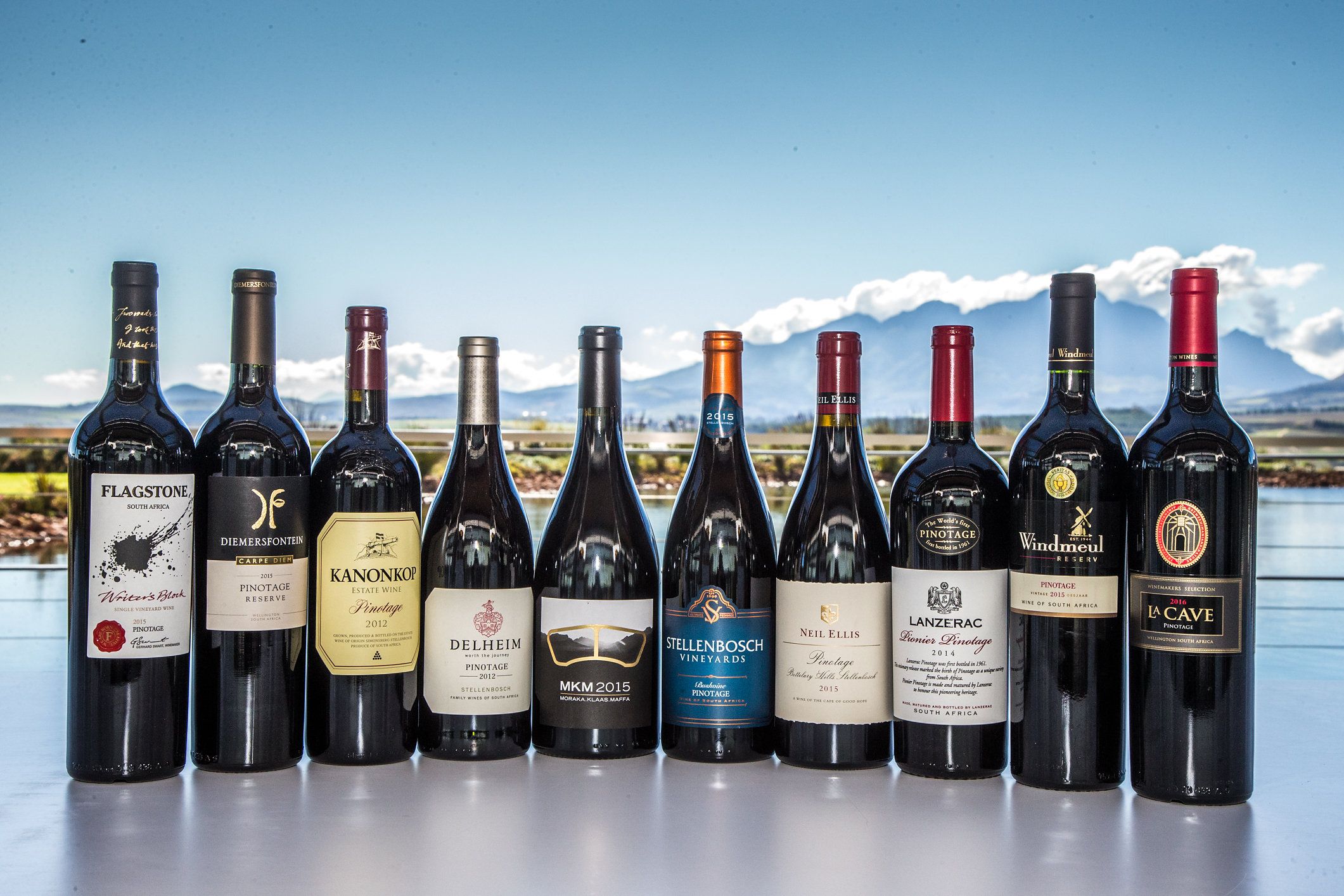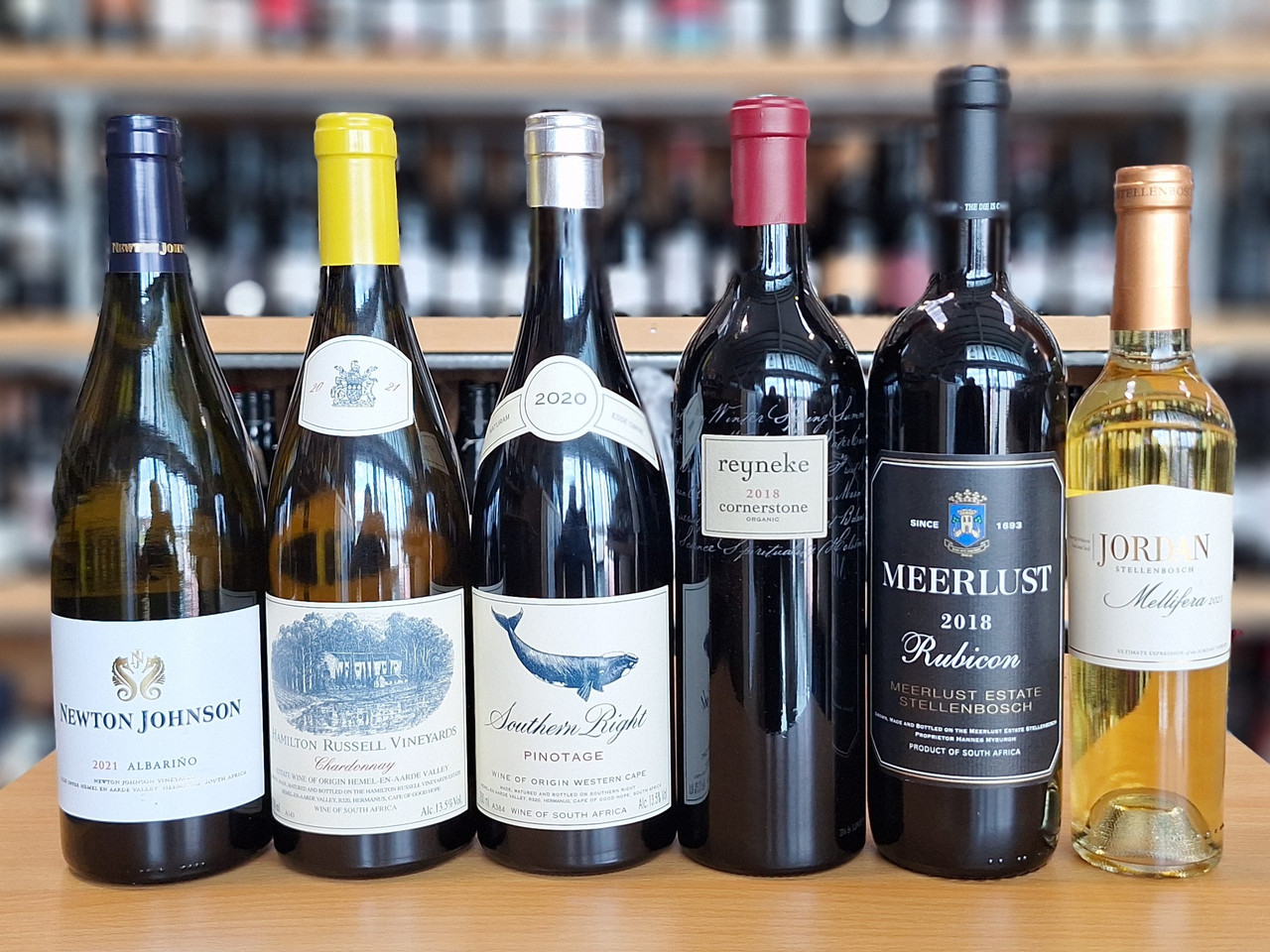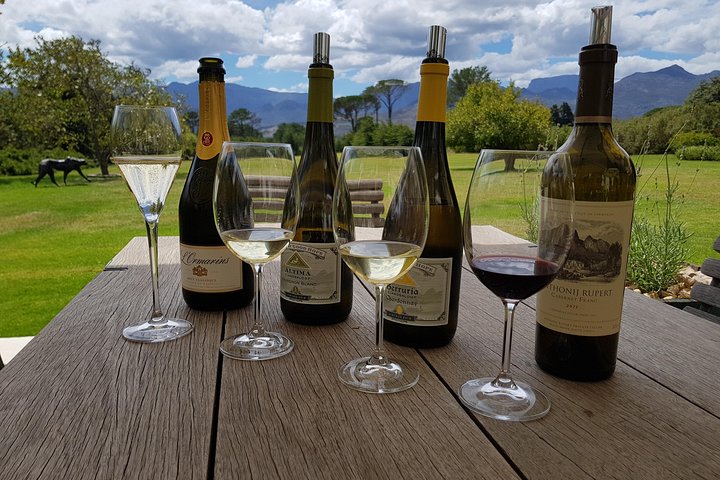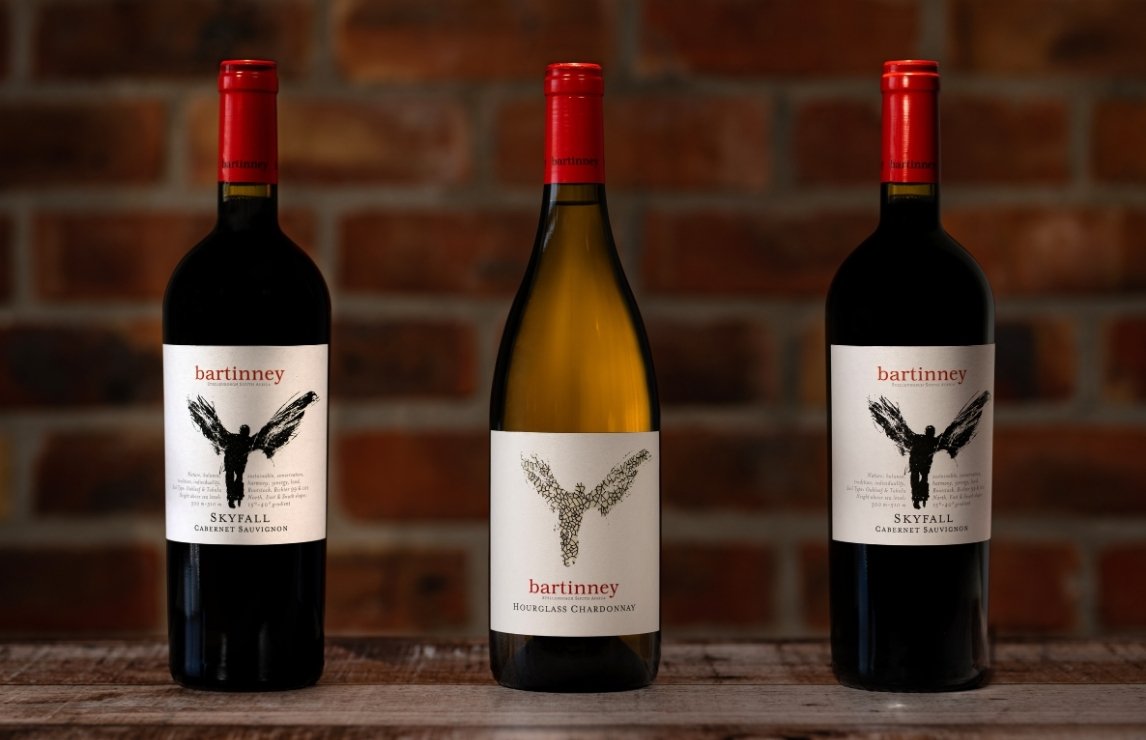The South African wine industry stands at a remarkable crossroads, emerging from decades of isolation to claim its rightful place among the world’s premier wine-producing regions. Once overshadowed by political turmoil and international sanctions, South Africa’s wine scene has undergone a dramatic transformation that extends far beyond the vineyard gates. Today, this dynamic industry represents not just exceptional terroir and innovative winemaking techniques but also a powerful story of social change, economic resilience, and cultural renaissance.
What makes South Africa’s wine renaissance particularly compelling is its unique combination of Old World tradition and New World innovation. The country’s winemaking heritage dates back over 350 years, yet its modern identity has been shaped by a new generation of diverse voices and perspectives that were previously excluded from the industry. This transformation has coincided with exceptional growing conditions and strategic market positioning that have elevated South African wines from regional curiosities to internationally sought-after premium products.
The 2025 vintage exemplifies this evolution perfectly, with winemakers reporting exceptional quality across all major wine regions. Favorable growing conditions throughout the season resulted in well-balanced fruit composition characterized by good acidity, deep color, and optimal tannin development. This technical excellence, combined with the industry’s renewed focus on premiumization and global market expansion, positions South Africa as a formidable competitor in the international wine arena.
The timing couldn’t be better, as global demand for premium, sustainably produced wines continues to rise, and South African producers are uniquely positioned to meet this demand with authenticity, quality, and compelling provenance stories.
Geographic Excellence and Terroir Diversity

South Africa’s wine regions benefit from exceptional geographic conditions that create ideal environments for premium viticulture. The country’s wine production is concentrated in the southwestern region, where cold sea breezes provide essential cooling effects while fertile soils along riverbanks supply optimal nutrients for vine development. This unique combination of maritime influence and diverse soil compositions creates distinct terroir characteristics across four major wine regions.
The Coastal Region stands as South Africa’s most prestigious wine-producing area, hosting the highest concentration of quality-focused wineries in the country. Within this region, Stellenbosch and Paarl have established themselves as premier destinations for red wine production, while Franschhoek adds its distinctive character to the regional portfolio. The historic Constantia district has experienced a remarkable revival, once again producing the legendary Vin de Constance in authentic 19th-century bottle designs. The Coastal Region’s multifaceted soils, generally rich in clay, provide ideal growing conditions for signature grape varieties including Cabernet Sauvignon, Shiraz, Chenin Blanc, and Sauvignon Blanc.
The Breede River Valley represents a different approach to premium winemaking, with many vineyards strategically located along riverbanks to take advantage of rich soils and favorable microclimates. While the valley floor produces consumer-oriented sweet wines, the mountain slope vineyards allow for extended ripening periods that result in exceptional premium wines. Robertson has emerged as particularly noteworthy for its promising Sauvignon Blanc portfolio, benefiting from slate and limestone soil compositions that enhance varietal expression.
Signature Grape Varieties and Winemaking Innovation

Pinotage remains South Africa’s most distinctive contribution to global viticulture, representing both historical significance and modern innovation. Created in 1925 by Professor Abraham Perold as a cross between Pinot Noir and Cinsault, this unique variety combines noble characteristics with reliable performance. The 2025 harvest marks the centenary celebration of Pinotage, making this vintage particularly meaningful for both local wine communities and export markets. Modern Pinotage expressions showcase the variety’s versatility, producing complex and fruity wines with age-worthy potential while remaining approachable when young, typically featuring deep red colors with smoky, bramble, and earthy flavors complemented by tropical fruit notes.
Cabernet Sauvignon continues to demonstrate exceptional performance in South African terroir, producing full-flavored wines with the structure and aging potential that have made this variety globally renowned. The thick-skinned grape thrives in South Africa’s diverse microclimates, resulting in wines with high tannin levels that provide both structure and longevity. South African Cabernet Sauvignon expressions often showcase complex aromatic profiles featuring chocolate, ripe jammy berries, oak, pepper, earth, violets, blackcurrant, spice, and cedar characteristics.
The 2025 vintage has particularly benefited cultivars such as Shiraz and Chardonnay, with cooler ripening temperatures preserving acidity while enhancing color and flavor compound development. This technical excellence reflects the industry’s commitment to quality over quantity, aligning with the strategic focus on premiumization that has become central to South Africa’s wine industry positioning.
Industry Transformation and Social Progress

The most compelling aspect of South Africa’s wine renaissance lies in its commitment to transformation and inclusivity. Historically, the industry was dominated by a small number of established producers, but recent years have witnessed remarkable changes in ownership, management, and creative direction. Programs like the Cape Winemakers Guild Protégé initiative have created pathways for recently graduated winemakers from underprivileged backgrounds to gain experience alongside the nation’s top vintners.
This transformation has produced remarkable success stories that exemplify the industry’s evolving character. Kiara Scott Farmer earned recognition as the 2024 Diners Club Winemaker of the Year, representing the caliber of talent emerging from these development programs. Rudger van Wyk, a young graduate, successfully launched his wine label, New Dawn, after serving as head winemaker at Stark-Condé in Stellenbosch. These achievements demonstrate that transformation initiatives are producing tangible results in both quality and recognition.
Berene Sauls represents another inspiring transformation story, having progressed from an au pair position in the prestigious Hemel-en-Aarde wine region to launching her brand, Tesselaarsdal, which produces refined Burgundian-style pinot noir priced above £40. Similarly, Praisy Dlamini created an innovative winery named Her, which operates as a fully Black women-operated facility, demonstrating the industry’s commitment to both gender and racial transformation.
Market Positioning and Global Expansion
South Africa’s wine industry has strategically repositioned itself for sustainable growth through its revised strategic plan, which emphasizes global and local market access, transformation, and sustainability. This comprehensive approach addresses multiple market challenges while building on the country’s competitive advantages in quality, authenticity, and value proposition.
The industry currently exports to more than 120 markets globally, with the 2025 premium harvest strengthening South Africa’s position as a vital contributor to the national economy. International buyers and consumers increasingly seek authenticity, quality, and provenance – three areas where South African wines excel. The combination of exceptional terroir, innovative winemaking techniques, and compelling transformation stories creates a unique value proposition that resonates with premium wine consumers worldwide.
CapeWine 2025, scheduled for September 10-12 at the Cape Town International Convention Centre, represents the industry’s flagship platform for international engagement. As the country’s largest and most prestigious wine trade show, this triennial event showcases the richness and diversity of South Africa’s wine industry to global trade professionals, media, and enthusiasts.
Despite facing challenges including increased input costs and shipping constraints, the industry maintains optimistic growth projections. Consumer confidence has reached its highest levels since 2019, and while dining patterns have shifted, there’s a growing appetite for premium, curated wine experiences. The December 2024 wine sales figure of R1.4 billion, though slightly lower than the previous year, indicates market resilience rather than decline.
South Africa’s wine scene represents far more than agricultural success – it embodies a nation’s journey toward inclusivity, excellence, and global recognition. With exceptional terroir, innovative winemaking, and compelling transformation stories, South African wines are positioned to capture increasing market share in the premium segment while contributing meaningfully to economic development and social progress.


